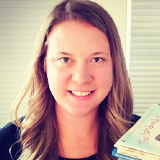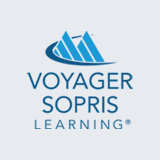I have often heard third grade described as the year students shift from learning to read to reading to learn. And while there is accuracy to that statement, I have found that third grade feels more like the year we juggle between supporting students who are still learning to read and engaging those who are reading to learn.






